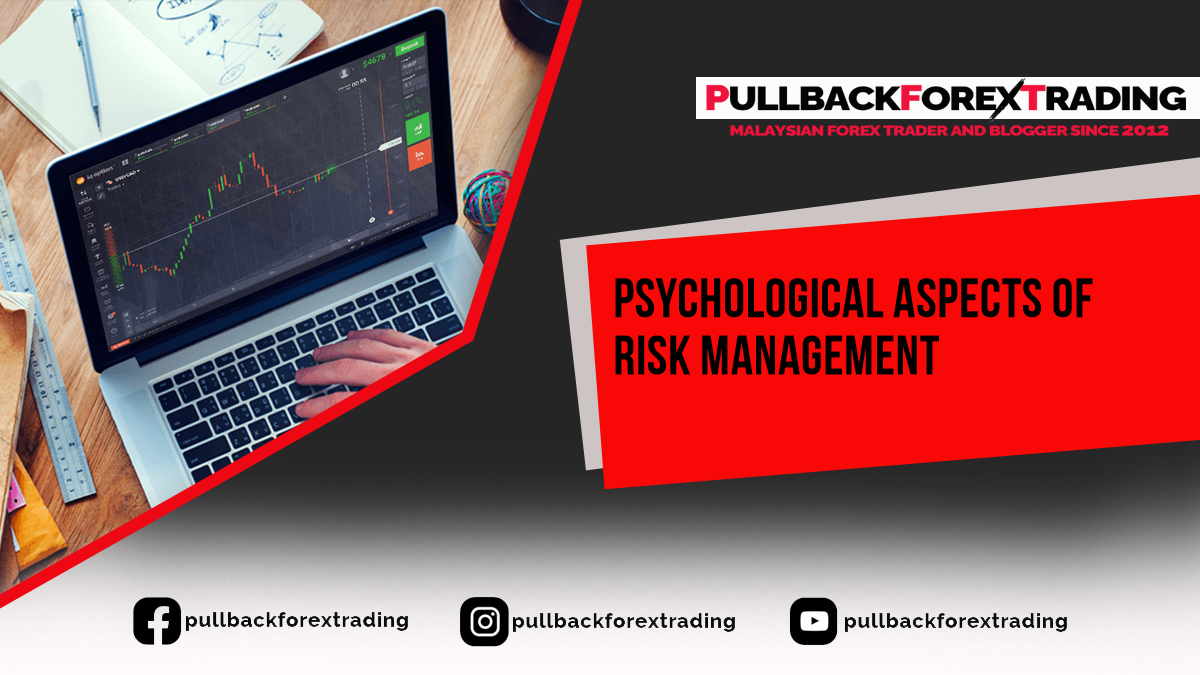
PSYCHOLOGICAL ASPECTS OF RISK MANAGEMENT IN FOREX TRADING
Trading Psychology: The Role of Emotions in Risk Management
Trading psychology is a critical component of risk management in forex trading. Emotions such as fear, greed, and anxiety can significantly impact trading decisions, often leading to impulsive and irrational actions. Understanding and managing these emotions is essential for maintaining a disciplined and profitable trading approach.
Key Points:
- Fear and Greed: Fear can lead to premature exits from trades, while greed can result in holding onto losing positions for too long. Both emotions can distort judgment and increase risk.
- Self-Awareness: Being aware of your emotional triggers and how they affect your trading decisions is the first step in managing them.
- Mindset: Adopting a growth mindset and viewing trading as a continuous learning process can help mitigate emotional reactions.
Discipline and Patience: How to Develop and Maintain Trading Discipline
Discipline and patience are vital traits for successful forex trading. Maintaining discipline involves sticking to your trading plan, while patience ensures you wait for the right trading opportunities.
Key Points:
- Trading Plan: Create a detailed trading plan that outlines your strategy, risk management rules, and trading goals. Adhering to this plan helps maintain discipline.
- Consistent Routine: Develop a consistent trading routine that includes regular analysis and review of your trades.
- Avoid Impulsiveness: Resist the urge to make impulsive trades based on emotions or market noise. Always trade according to your plan.
Avoiding Common Psychological Pitfalls: Overtrading, Revenge Trading, and Fear of Missing Out (FOMO)
Psychological pitfalls can derail even the most well-planned trading strategies. Identifying and avoiding these pitfalls is crucial for maintaining effective risk management.
Overtrading
Overtrading occurs when a trader takes too many positions, often due to a desire to recover losses or capitalize on perceived opportunities. This behavior increases transaction costs and exposes the trader to unnecessary risk.
Revenge Trading
Revenge trading happens when a trader tries to recover losses by making aggressive trades without proper analysis. This emotional response often leads to further losses.
Fear of Missing Out (FOMO)
FOMO can cause traders to enter trades impulsively, driven by the fear of missing profitable opportunities. This behavior often results in poor decision-making and increased risk.
Stress Management: Techniques to Manage Stress and Maintain a Clear Mind While Trading
Managing stress is essential for maintaining a clear mind and making rational trading decisions. High stress levels can lead to emotional trading and increased risk.
Key Points:
- Regular Breaks: Take regular breaks during trading sessions to clear your mind and reduce stress.
- Physical Exercise: Incorporate physical exercise into your routine to help manage stress and improve overall well-being.
- Relaxation Techniques: Practice relaxation techniques such as deep breathing, meditation, or yoga to stay calm and focused.
- Work-Life Balance: Maintain a healthy work-life balance to prevent burnout and ensure sustained trading performance.
Conclusion
The psychological aspects of risk management are crucial for achieving long-term success in forex trading. By understanding the role of emotions, developing discipline and patience, avoiding common psychological pitfalls, and effectively managing stress, traders can maintain a clear mind and make rational trading decisions. Incorporating these psychological strategies into your trading approach will help you navigate the forex market with greater confidence and control, ultimately enhancing your trading performance and profitability.
ADMIN
23/09/24




